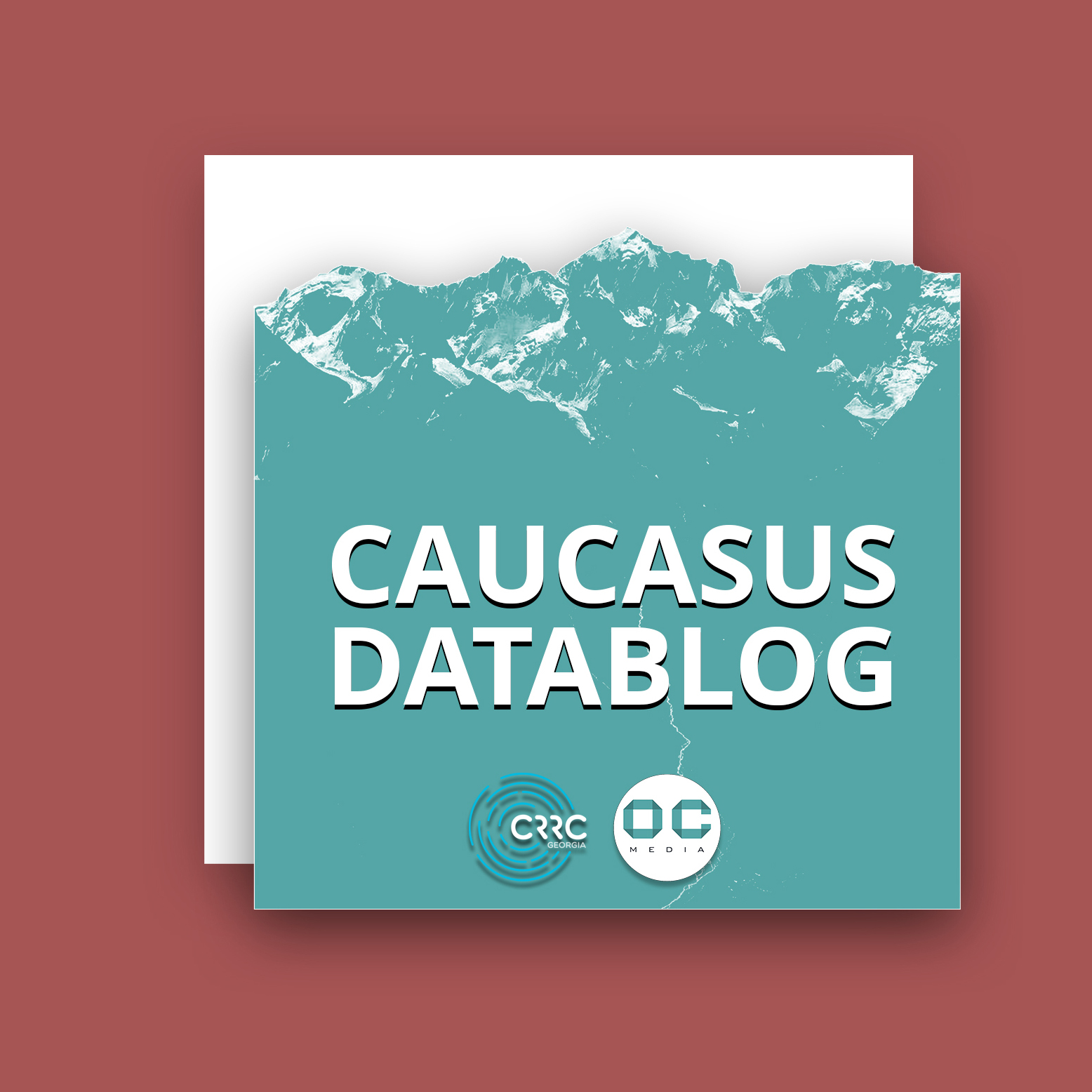
The Caucasus Datablog
The Datablog analyses issues and trends in the region using data and public polling. It is a collaboration between OC Media and CRRC Georgia.
Datablog | Gaps remain in mobile phone ownership in Georgia
While mobile phone ownership is widespread in Georgia, gaps still remain among rural, elderly, and ethnic minority populations.
Datablog | How Georgians perceive environmental problems
A stark urban-rural divide can be found in Georgians’ view of environmental issues in their communities.
Datablog | How coronavirus messaging could provide a moral license to misbehave
In Georgia, it would appear that informing people that others are acting responsibly in the pandemic could in fact lead to the opposite behaviour.
Datablog | More Georgians than ever own phones and TVs, but inequalities remain
Survey data from the last decade shows that more and more Georgians own household goods like mobile phones, TVs and washing machines.
Datablog | Conservative gender mores are changing in Georgia
Gendered norms In Georgian society include deprecation of women for smoking, drinking alcohol, having pre-marital sex, and living with a boyfriend.
Datablog | Are Georgians and Armenians becoming more or less tolerant?
Surveys in Georgia and in Armenia asked if respondents approved or disapproved of doing business or marriages with other ethnicities.
Datablog | Half of Georgians believe COVID-19 is man-made
As conspiracy theories followed the spread of the coronavirus globally, we look at which of these took root in Georgia.
Datablog | Is Georgia really polarised?
People frequently cite political polarisation as a major problem for Georgian democracy, but is this really the case?
Datablog | How high? Georgia spends millions online on illegal drugs each year
Drug users in Georgia spent over $1.5 million dollars online between February and August 2020, according to a new study into the darknet market.
Datablog | Georgian parents are concerned about online learning
Georgia has postponed the reopening of schools in major cities due to a new surge in the pandemic.













